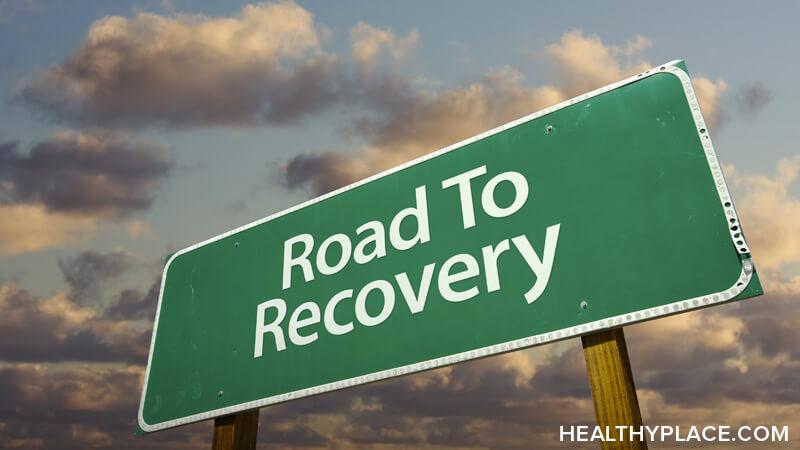Feeling Guilty About Relapses with High-Functioning BPD

I have what I call high-functioning borderline personality disorder (BPD). This means that although I still struggle with BPD symptoms, I can hold down a job, a long-term relationship, and generally function in the world. However, I still experience slow periods and backward steps in my recovery, leaving me feeling guilty about relapses with high-functioning BPD.
Before High-Functioning BPD
I was not always high-functioning. I first received my BPD diagnosis at 22, so I was largely out of control between 18 and 22. I had previously received diagnoses for anxiety and depression, which explained some of my symptoms but couldn't account for my explosive emotions and deep self-hatred.
At this time, I was barely functioning. I attended university but was late to half of my classes and skipped the other half. I still worked part-time, but I often felt so empty and out of control at work that sometimes I couldn't hide my emotions. I was also struggling with the traumatic aftermath of rape and regularly engaged in substance abuse to numb some of these difficult feelings.
I always felt like I was drowning and just trying to keep my head above water. Because my emotions were so overwhelming, I couldn't honestly imagine a future for myself and suspected that I wouldn't live past 25. It wasn't until I was hospitalized on suicide watch at 22 that I received my diagnosis for BPD and could start to understand my condition and begin dialectical behavior therapy (DBT).
Relapses with High-Functioning BPD
I now have what I consider to be high-functioning BPD. I am not in total control or at full peace with my emotions, but I can largely handle the day-to-day emotional swings. I can work full-time without losing clients, maintain my marriage without wanting to escape it, and go about my life with future plans.
However, I still experience relapses. Things have been very challenging lately because of an unstable political situation in Peru, where I live. Plus, the ongoing pandemic restrictions mean I haven't seen my family in two years, and general financial pressures are also problematic. With all of the stress that constantly sits on my shoulders, I notice that my emotions are more unstable, I am more prone to depression, and I struggle with compulsive thoughts and behaviors.
These relapses and steps backward in recovery can be difficult to handle. I often feel guilty that I am not diving deeply into therapeutic practices while I just try to keep myself going. I fixate on working and productive activities, scared of the deep emptiness that takes over if I start to relax. This fixation gives rises to my compulsions, where I find myself searching for new jobs constantly throughout the day and trying to plan for the future.
On a rational level, I know the steps that I can take to get through this period and make it easier on myself. I know that I should be turning to meditation, giving myself more relaxation time, and resisting my compulsions. However, the effort it takes to get through my days can sometimes rob me of the energy I need to take proactive steps toward recovery.
In the following video, I discuss how I cope with these relapses and slow periods in my recovery.
Do you live with high-functioning BPD? What do you do when you experience relapses? Do you have particular techniques that help you get through these periods? Please let me know your experiences in the comments section.
APA Reference
Beveridge, K.
(2021, May 24). Feeling Guilty About Relapses with High-Functioning BPD, HealthyPlace. Retrieved
on 2026, March 1 from https://www.healthyplace.com/blogs/borderline/2021/5/feeling-guilty-about-relapses-with-high-functioning-bpd
Author: Kate Beveridge
Thanks for sharing, I can relate to this alot, it gives a sense relief and also explains the complexity of navigating life when living with this type of struggle but also gives a sense if hope that there others who are brave in sharing for themselves and others to come to an understanding that is helpful
